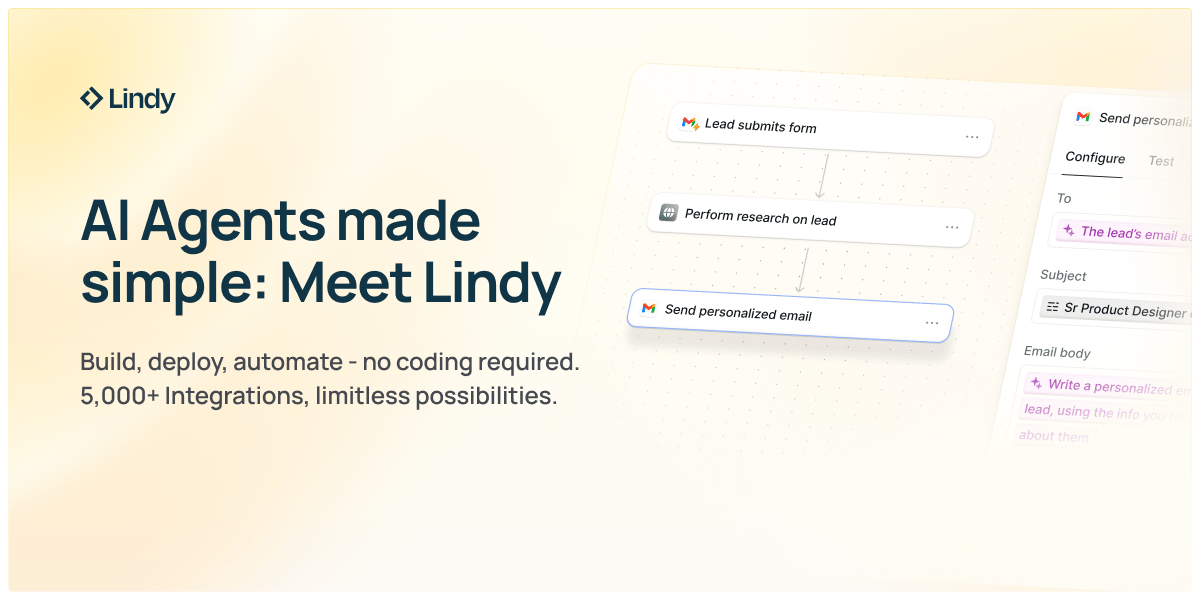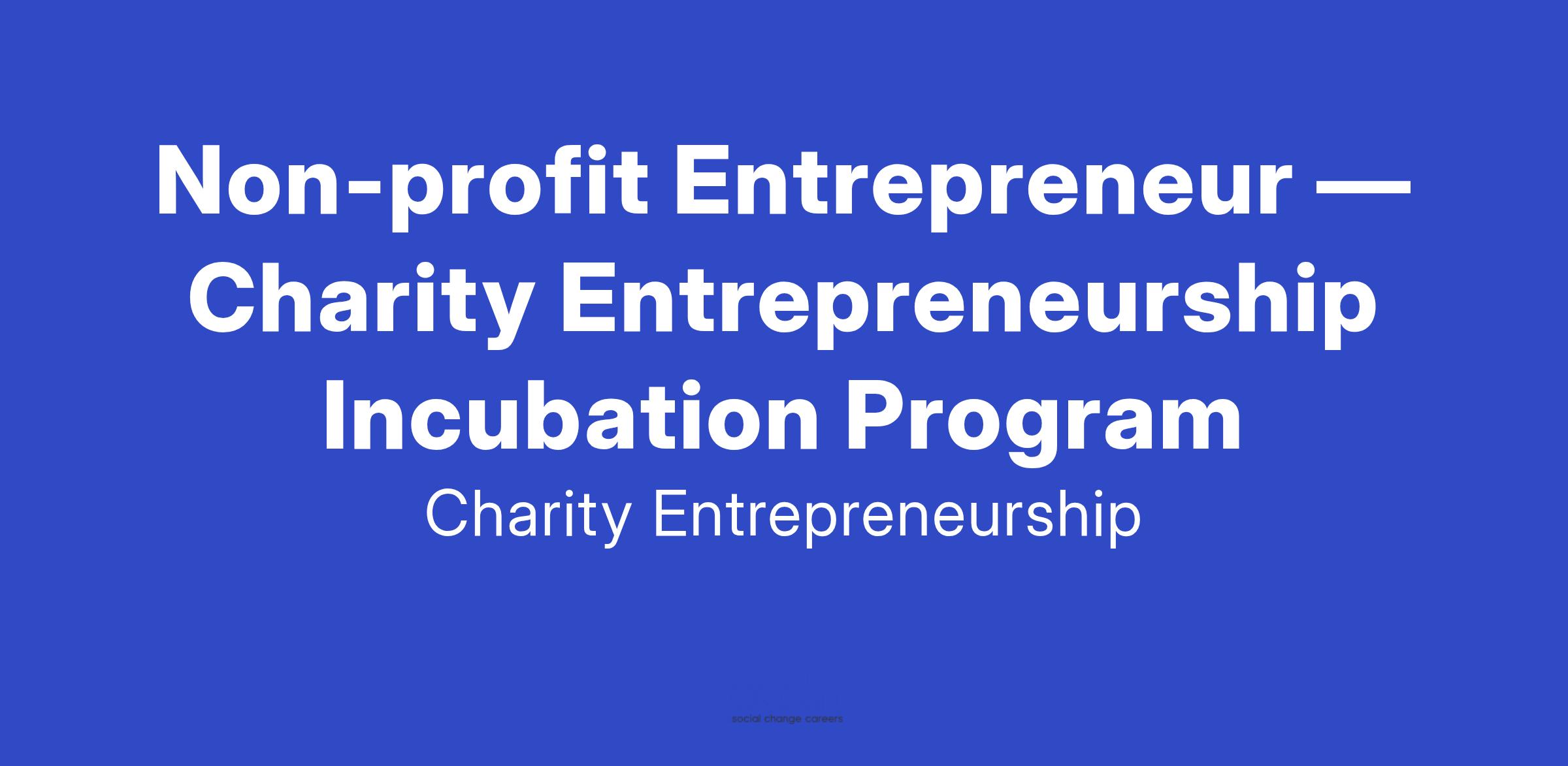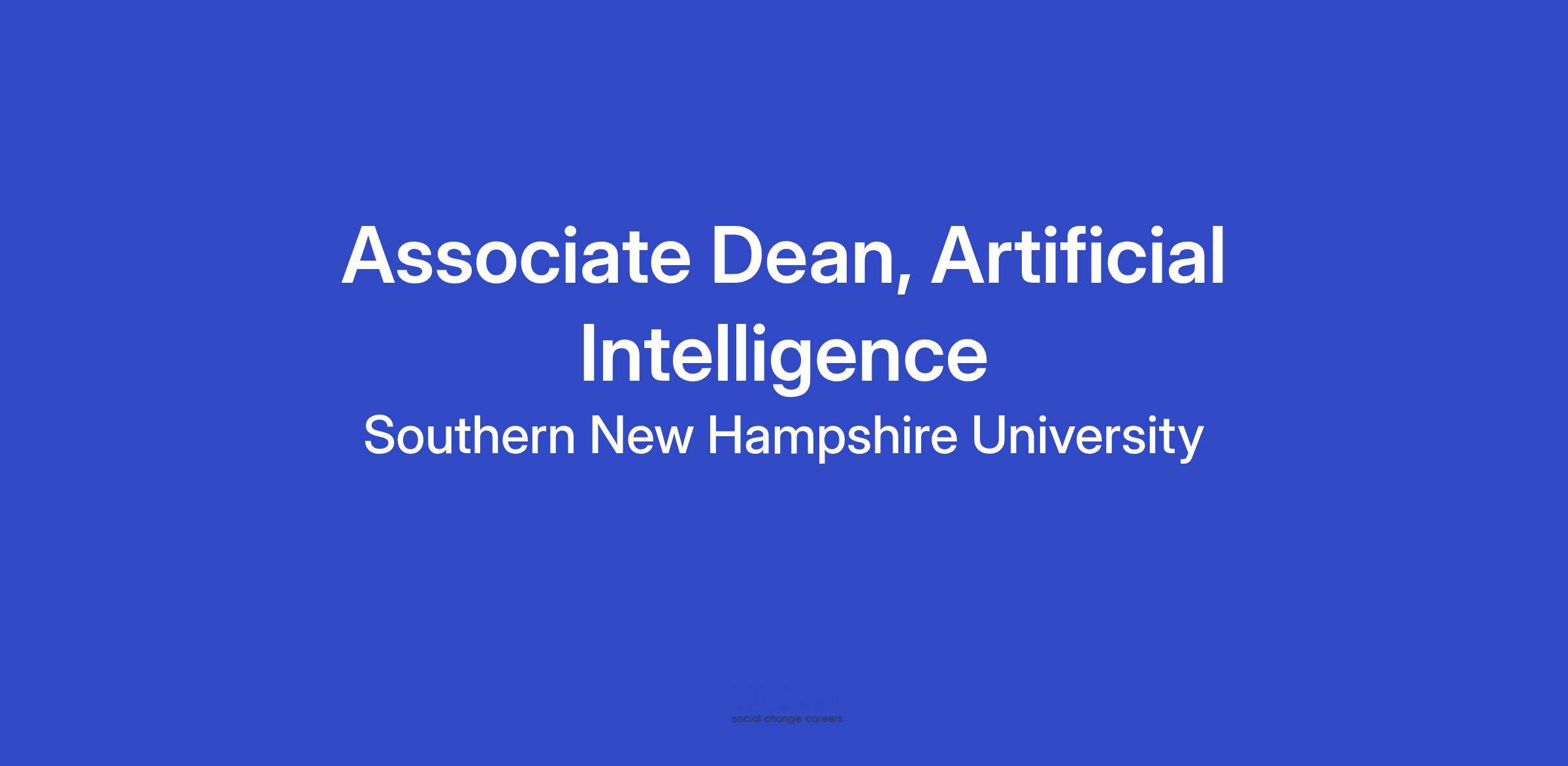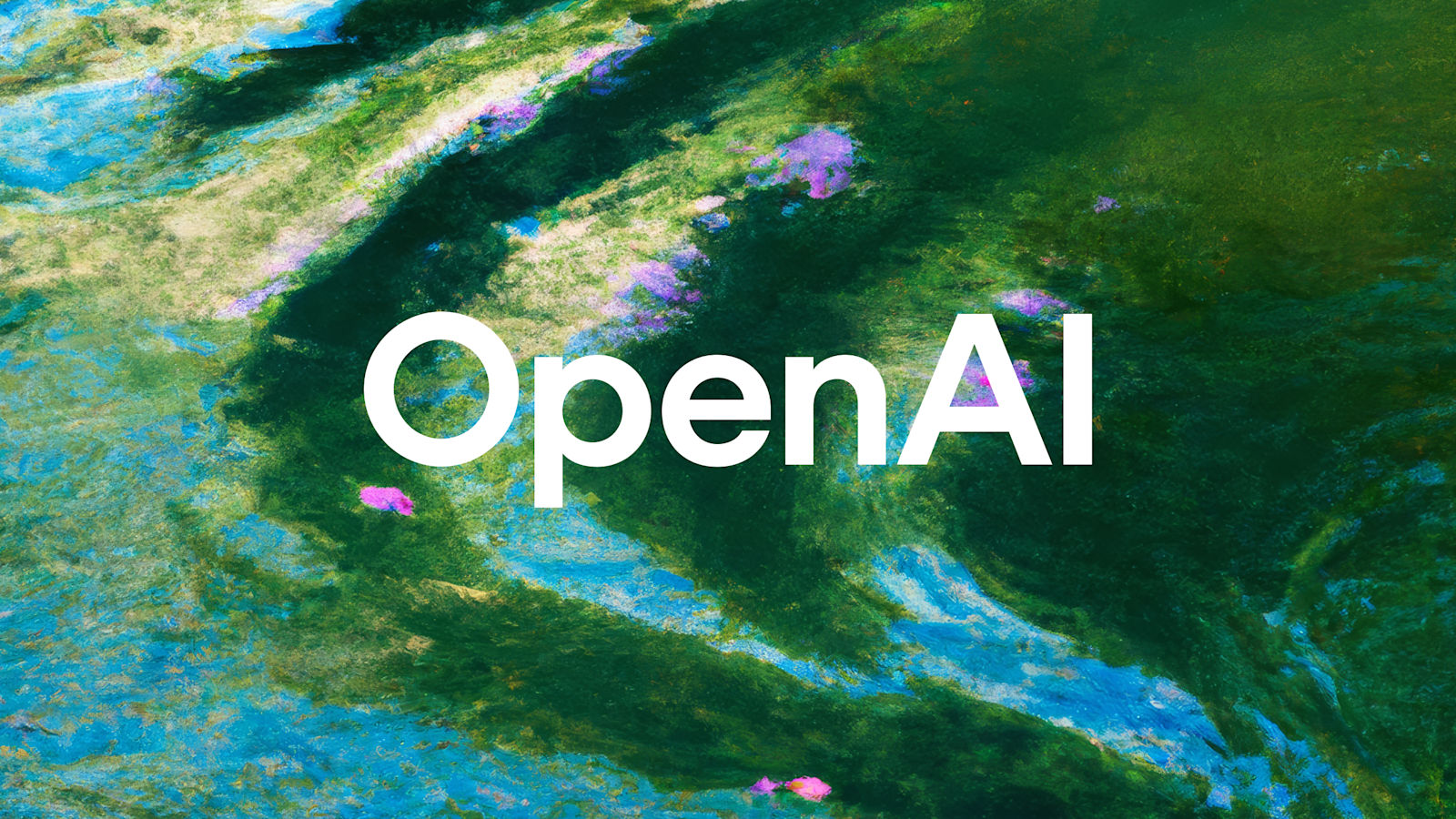The Simplest Way To Create and Launch AI Agents
Imagine if ChatGPT and Zapier had a baby. It’d be ridiculously smart… and probably named Lindy.
With Lindy, you can spin up AI agents in minutes to handle all the stuff you’d rather not—like lead qual, cold outreach, web scraping, and other “ugh” tasks. It’s like hiring a whole team that never sleeps, never complains, and never asks for PTO.
Lindy’s agents are ready to take on support tickets, data entry, lead enrichment, scheduling, and more. All so you can get back to the fun part: building your business.
Ready to hand off the busy work? Build your first AI agent today and join thousands of businesses already saving time (and sanity) with automation that actually works.
What the Heck is an AI Agent?
The good, the bad, the overpromise – and why changemakers should care
Picture this: You wake up one morning and your digital assistant has already analyzed poverty data across three continents, identified optimal intervention points for clean water projects, coordinated with local partners on disaster relief efforts, and drafted policy recommendations for equitable AI governance – all while you were sleeping. Welcome to the world of AI agents, the autonomous digital teammates that are quietly revolutionizing how we create social change.
So What Exactly is an AI Agent?
Think of an AI agent as ChatGPT's overachieving sibling who actually does things instead of just talking about them. While traditional AI simply responds to your questions, AI agents are autonomous systems that can perceive their environment, make decisions, and take actions to achieve specific goals. They're like having a super-powered research assistant who never sleeps, doesn't need coffee, and can juggle multiple complex social challenges simultaneously.

Unlike regular software that follows rigid instructions, AI agents use large language models (LLMs) to reason, plan, learn from experience, and adapt their approach based on real-world feedback. They can access tools, databases, and external systems to complete multi-step tasks – think of them as digital Swiss Army knives for social impact work.
The Good: Amplifying Systemic Change
For social impact organizations, researchers, and activists operating with limited resources, AI agents can do some awesome things including:
Global Data Analysis: AI agents can process vast datasets to identify patterns in inequality, climate change, or public health that humans might miss
Real-time Crisis Response: In humanitarian contexts, AI agents process disaster imagery, coordinate relief efforts across multiple agencies, and provide real-time information to affected communities
Policy Research: Agents can analyze policy impacts across different jurisdictions, synthesizing complex research to inform evidence-based advocacy
Accessibility Enhancement: AI agents are breaking down barriers by providing real-time translation, accessibility tools, and personalized support for underserved communities
Resource Optimization: They help optimize resource allocation in everything from food distribution to educational interventions, ensuring maximum impact per dollar spent
The multi-agent systems approach is enabling entire networks of AI agents to collaborate on complex social challenges, from coordinating disaster relief to analyzing systemic inequities across multiple domains.
The Dark Side of Digital Do-Gooders
The Bad: Where Things Get Tricky
But here's where the plot thickens. AI agents can be autonomous decision-makers that can amplify both positive impact and problematic patterns (particularly without human oversight)
Bias Amplification: AI agents can perpetuate existing inequalities if trained on biased data, potentially excluding marginalized communities from services or reinforcing discriminatory practices
Power Concentration: Advanced AI agents might consolidate decision-making power among tech-savvy organizations, leaving grassroots movements behind
Privacy Erosion: These systems require vast amounts of personal data, raising questions about surveillance and data protection, especially for vulnerable populations
Cultural Imperialism: AI agents trained primarily on Western data might impose inappropriate solutions on diverse global contexts
Accountability Gaps: When an AI agent makes a harmful decision affecting communities, who's responsible – the organization, the developer, or the AI itself?
The Overpromise Problem
Marketing Hype vs. Ground Truth
Here's the uncomfortable truth: the hype around AI agents is currently about five years ahead of what social impact organizations can actually implement. Many vendors are selling "revolutionary autonomy" when most implementations are nowhere near that sophisticated.
The reality? Current AI agents often struggle with:
Limited real-world capabilities: Despite marketing claims, most can only handle narrow, well-defined tasks
Cultural Context Blindness: Systems that work in one cultural context often fail spectacularly when deployed elsewhere
Integration complexity: Connecting AI agents to existing social impact tech ecosystems remains challenging and expensive
Ethical oversight gaps: Many organizations lack the frameworks to ensure AI agents operate according to social justice principles
As one expert warns: "We're all in the professional space, getting down to the reality that we're not going to build something unless there's a very good use case for that particular piece of technology."
LangChain State of AI Agents Report – Comprehensive 2024 survey showing how organizations across sectors are implementing AI agents in production
AI Ethics Board Guide: AI Agents Opportunities, Risks, and Mitigations – Essential framework for responsible AI agent deployment with social justice considerations
Microsoft's AI Agents for Beginners Course – Free, comprehensive 10-lesson course covering everything from concepts to code, applicable across sectors
Three Tips to Get Started
1. Start with Data Justice in Mind
Before deploying any AI agent, audit your data for bias and representation gaps. Partner with affected communities to ensure your training data reflects diverse voices and experiences. Success isn't just about efficiency – it's about equitable outcomes.
2. Build Community Oversight from Day One
Create participatory governance structures that include community representatives, not just technical experts. Establish clear escalation paths and maintain community veto power over decisions affecting their lives. AI agents should serve communities, not extract from them.
3. Focus on Capacity Building, Not Replacement
Use AI agents to augment human capabilities and build local expertise rather than creating dependency. Invest in training community leaders to understand, critique, and guide AI systems. The goal is empowerment, not displacement.
The Bottom Line
AI agents represent both unprecedented opportunity and profound responsibility for social impact work. They're not magic wands, but they're powerful tools that can multiply positive change – if implemented with intentionality, equity, and community engagement at the center.
P.S. – If AI agents become too autonomous, we might need to worry about them starting their own social movements and putting us all out of jobs. But hey, at least they'd probably be really good at writing grant proposals and organizing protests!
AI for Impact Opportunities
AI voice dictation that's actually intelligent
Typeless turns your raw, unfiltered voice into beautifully polished writing - in real time.
It works like magic, feels like cheating, and allows your thoughts to flow more freely than ever before.
Your voice is your strength. Typeless turns it into a superpower.
News & Resources
😄 Joke of the Day
Why did the AI break up with its partner?
Because it found someone with better data compatibility!
🤖 AI Fact of the Day
AI models aren’t just trained on text and images—they’re now learning from multimodal data (like combining audio, video, and sensor inputs), making them better at understanding the world in context. This is paving the way for more human-like reasoning in real-world applications.
🌍 News Highlights
⚠️ The Cost of Engagement: Concerns rise over how AI-driven recommendation algorithms, designed to maximize user attention, may be linked to real-world harm. Tech Policy Press
🌌 Exploring AI’s Hidden Frontier: A look at under-researched areas in AI development, from sustainability to overlooked global challenges. AI Frontiers
🛡️ AI and Kids’ Privacy: New debates emerge on the use of AI for age verification on social media, balancing child safety with freedom of expression. AP News
🔗 LinkedIn Connection
👩💼 Christie Pitts – Investor, operator, and advocate for inclusive tech and AI for good. She’s deeply involved in supporting ethical innovation and impact-driven startups. Connect here: Christie Pitts on LinkedIn.
💼 Jobs, Jobs, Jobs
🌟 Nearly 800 AI for social good opportunities are currently open — with 50+ fresh postings in the last 24 hours. Explore them here: jobs.pcdn.global.

















